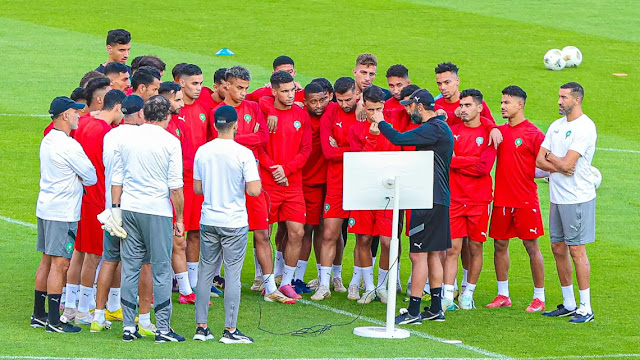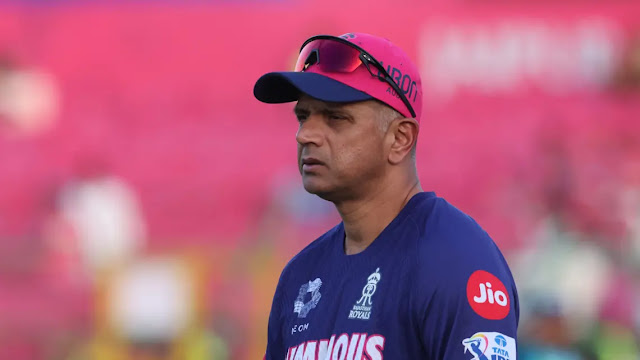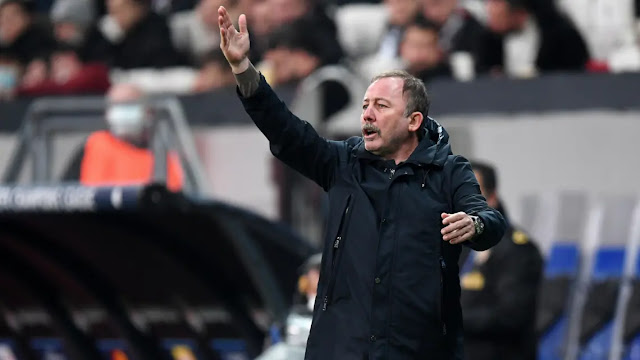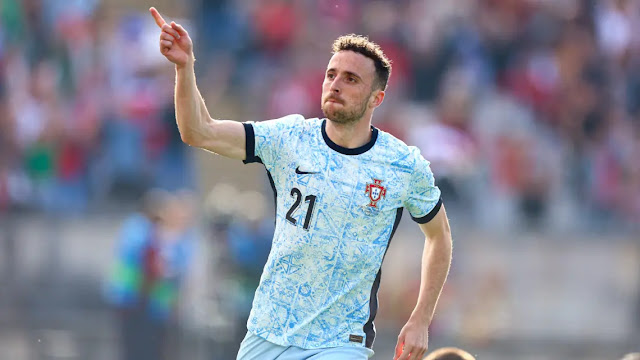Nairobi, August 30, 2025 – The African Nations Championship (CHAN) reaches its climax on Saturday at Nairobi’s Kasarani Stadium, where Morocco’s Atlas Lions will face off against Madagascar in a highly anticipated final. Morocco, the defending champions of 2018 and 2020, are chasing an unprecedented third CHAN title, while Madagascar, in their first-ever Confederation of African Football (CAF) final, aim to pull off a historic upset. The month-long tournament, co-hosted by Kenya, Tanzania, and Uganda, has been a spectacle of grit, talent, and surprises, despite early logistical challenges. With all three host nations failing to progress beyond the quarterfinals, the stage is set for a thrilling showdown between two teams that have defied expectations.
The 2025 CHAN, a unique competition restricted to players who have never competed for international clubs, has been a bigger success than many anticipated. Despite significant delays in stadium construction that pushed the tournament from its original February schedule, the event has run smoothly since its kickoff, drawing massive crowds and showcasing the depth of domestic talent across Africa. Morocco, the tournament’s most dominant team, and Madagascar, the surprise package, have emerged as the final contenders in a 19-team competition that has captivated fans across the continent.
A Tournament of Resilience and Redemption
The 2025 CHAN was not without its challenges. Major delays in stadium construction in Kenya, Tanzania, and Uganda forced CAF to postpone the tournament by several months. Skepticism loomed large as organizers scrambled to meet deadlines, with CAF only giving the green light weeks before the tournament began. Yet, once the whistle blew, the competition proved to be a resounding success. Packed stadiums, electrifying matches, and a seamless organizational effort have made this CHAN a fitting precursor to the 2027 African Cup of Nations, which will also be co-hosted by the three East African nations.
The tournament’s appeal lies in its celebration of homegrown talent. Unlike the Africa Cup of Nations (AFCON), which features players from global leagues, CHAN restricts participation to those plying their trade in domestic leagues. This rule has unearthed a wealth of talent, from Morocco’s prolific forward Oussama Lamlioui to Madagascar’s veteran goalkeeper Michel Ramandimbisoa. The competition has also provided a platform for lesser-known teams like Madagascar to shine on the continental stage, while established powerhouses like Morocco continue to assert their dominance.
Kenya, Tanzania, and Uganda, despite their efforts as hosts, could not advance past the quarterfinals. Kenya, in particular, faced a fine from CAF for allowing crowds to exceed capacity at Kasarani Stadium during their matches, a testament to the overwhelming enthusiasm of local fans. The high turnout has been a defining feature of the tournament, with supporters flocking to venues across the three countries to witness the drama unfold.
Morocco’s Road to the Final
Morocco’s Atlas Lions have been the tournament’s standout team, combining resilience, firepower, and tactical discipline. The two-time champions, who lifted the trophy in 2018 and 2020, entered the competition as favorites but faced a stern test early on. A shock defeat to Kenya in the group stage served as a wake-up call, forcing coach Tarik Sektioui, a former international winger, to recalibrate his team’s approach.
Despite the setback, Morocco navigated the group stage with relative ease, scoring 14 goals—the highest in the tournament—and registering the most shots on target. Their attacking prowess was led by forward Oussama Lamlioui, who has emerged as the leading candidate for the Golden Boot with four goals. Lamlioui’s clinical finishing and ability to exploit defensive gaps have made him a constant threat, earning him praise from fans and analysts alike.
The Atlas Lions’ journey to the final was far from straightforward. In the semifinals, they faced defending champions Senegal in a match that went down to the wire. After a grueling 90 minutes, the game ended in a stalemate, leading to a dramatic penalty shootout. Morocco held their nerve, converting their spot-kicks with precision to secure their place in the final. The victory showcased the team’s mental fortitude and ability to perform under pressure, qualities that have defined their campaign.
Coach Sektioui has been unwavering in his ambition. “Our goal is always to win this trophy,” he told reporters ahead of the semifinal. “We’ve faced challenges, but the team is focused and ready to make history.” Sektioui’s experience as a former international player has been instrumental in guiding a relatively young squad, many of whom have used CHAN as a springboard to establish themselves as key figures in Moroccan football.
Morocco’s campaign has been further complicated by their travel schedule. As the only team to play matches in all three host nations—Kenya, Tanzania, and Uganda—the Atlas Lions have had to endure a grueling itinerary. Yet, their ability to maintain consistency despite the logistical demands speaks to their depth and preparation. The final at Kasarani Stadium offers them a chance to cement their legacy as the most successful team in CHAN history.
Madagascar’s Meteoric Rise
Madagascar’s journey to the final is nothing short of remarkable. The island nation, which finished third in their CHAN debut in 2022, has exceeded all expectations by reaching their first CAF final. Under the guidance of coach Romuald Rakotondrabe, Madagascar has played with flair, discipline, and a fearless spirit that has won them admirers across the continent.
The team’s attacking trio of Fenohasina Gilles Razafimaro, Toky Rakotongraibe, and Lalaina Rafanomezantsoa has been the backbone of their success. Razafimaro, in particular, has been a revelation, scoring two crucial goals before his suspension in the semifinal against Sudan. The red card he received in Dar es Salaam means he will miss the final, a significant blow to Madagascar’s hopes. Additionally, attacking midfielder Andy Rakotondrajoa is a doubt for the match after sustaining an injury in the semifinal, leaving Rakotondrabe with a selection headache.
Despite these setbacks, Madagascar has a trump card in goalkeeper Michel Ramandimbisoa. At 39, Ramandimbisoa has defied age to deliver a series of breathtaking performances, earning man-of-the-match honors twice. His 25 saves and three clean sheets have been pivotal, particularly in the group stage against the Central African Republic and the quarterfinal against Kenya, where he made two crucial saves to secure Madagascar’s place in the last four.
“We are very proud to have him with us,” said coach Rakotondrabe. “He has really helped us in every match, and we hope he can go into the next game with the same spirit.” Ramandimbisoa’s experience and composure will be vital as Madagascar face a Moroccan side brimming with confidence.
Madagascar’s tactical setup has relied on quick transitions and a solid defensive structure, with Rafanomezantsoa pulling the strings in midfield. The team’s ability to absorb pressure and hit on the counterattack has troubled even the most organized defenses. Their semifinal victory over Sudan, despite the loss of Razafimaro, demonstrated their resilience and depth, qualities that will be tested against Morocco’s relentless attack.
The Final Showdown
The final at Kasarani Stadium promises to be a clash of contrasting styles. Morocco, with their attacking firepower and clinical finishing, will look to dominate possession and overwhelm Madagascar’s defense. Lamlioui’s battle with Ramandimbisoa is likely to be a defining subplot, as the Moroccan striker aims to add to his goal tally against a goalkeeper in top form.
Madagascar, meanwhile, will rely on their counterattacking threat and defensive solidity. Without Razafimaro, Rakotongraibe will shoulder much of the goal-scoring responsibility, supported by Rafanomezantsoa’s creativity in midfield. The potential absence of Rakotondrajoa could force Rakotondrabe to tweak his lineup, possibly relying on a more defensive approach to contain Morocco’s attacking trio.
The stakes could not be higher. For Morocco, a third CHAN title would solidify their status as the tournament’s dominant force and provide a fitting send-off for Sektioui’s squad, many of whom are likely to attract attention from bigger clubs. For Madagascar, a victory would mark a historic milestone, elevating their footballing profile and inspiring a new generation of players.
The Broader Impact of CHAN 2025
The 2025 CHAN has been more than just a football tournament; it has been a celebration of African talent and resilience. The massive crowds, particularly in Kenya, have underscored the region’s passion for the game. The fine imposed on Kenya for breaching stadium capacity reflects the overwhelming demand for live football, a positive sign for the 2027 AFCON, which will also be hosted by Kenya, Tanzania, and Uganda.
The tournament has also highlighted the importance of investing in domestic leagues. Players like Lamlioui and Ramandimbisoa, who have spent their careers in their respective countries, have shown that homegrown talent can compete at the highest level. For smaller footballing nations like Madagascar, CHAN provides a rare opportunity to shine, fostering national pride and encouraging investment in grassroots football.
CAF’s decision to stick with the three-nation hosting model, despite early doubts, has paid off. The collaboration between Kenya, Tanzania, and Uganda has set a precedent for future tournaments, demonstrating that multi-nation hosting can work with proper planning and coordination. The success of CHAN 2025 bodes well for the 2027 AFCON, which is expected to draw even larger crowds and global attention.
Key Players to Watch
Oussama Lamlioui (Morocco): The Golden Boot frontrunner with four goals, Lamlioui’s pace and finishing make him Morocco’s biggest threat. His ability to exploit spaces in Madagascar’s defense will be crucial.
Michel Ramandimbisoa (Madagascar): The 39-year-old goalkeeper has been a revelation, with his heroics earning him man-of-the-match awards. His performance in the final could be the difference-maker.
Lalaina Rafanomezantsoa (Madagascar): The creative midfielder will need to step up in the absence of Razafimaro, providing the link between defense and attack.
Toky Rakotongraibe (Madagascar): With Razafimaro suspended, Rakotongraibe will lead Madagascar’s attack. His ability to convert limited chances will be critical.
Predictions and Expectations
Morocco enter the final as favorites, given their experience, depth, and attacking firepower. Their ability to recover from the group-stage loss to Kenya and navigate a tough semifinal against Senegal suggests they have the mental and tactical resilience to go all the way. However, Madagascar’s underdog spirit and defensive organization make them a dangerous opponent. If Ramandimbisoa continues his stellar form and Rakotondrabe can find a way to neutralize Morocco’s attack, an upset is not out of the question.
The neutral venue of Kasarani Stadium, with its passionate crowd, will add an extra layer of intensity. Both teams will be buoyed by the atmosphere, but Morocco’s experience in high-stakes matches could give them the edge. A close contest is expected, with Morocco likely to win 2-1, though Madagascar’s knack for defying the odds could lead to a historic victory.
Conclusion
The 2025 CHAN final is a celebration of African football’s depth and diversity. Morocco’s quest for a third title represents the pinnacle of consistency and ambition, while Madagascar’s remarkable run embodies the spirit of possibility that defines the tournament. As the two teams take the field at Kasarani Stadium, fans across the continent and beyond will be treated to a spectacle of skill, passion, and drama. Regardless of the outcome, the 2025 CHAN has already left an indelible mark, showcasing the beauty of the game and the untapped potential of Africa’s domestic leagues.






